For more than 225 years extraordinary men and women have represented the United States abroad. In 1996 the Association for Diplomatic Studies and Training (ADST) and DACOR, an organization of foreign affairs professionals, created a book series to increase public knowledge and appreciation of American diplomats and their role in advancing our national interests. The books in this series demystify diplomacy by telling the story of American diplomats, the lives they led, and the world events they helped to shape.

An intimate glimpse into life in the diplomatic corps, recalling pre-World War II London, Moscow during the early days of the Cold War, and Taiwan after the split from Mao Tse-tung's China.
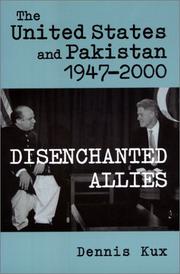
From the moment Pakistan gained its independence in 1947, its relations with the United States have careened between intimate partnership and enormous friction — reflecting the ups and downs of global and regional geopolitics and disparate national interests. Although the Cold War is over, Pakistan retains strategic importance for Washington,...
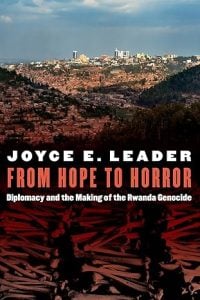
As deputy to the U.S. ambassador in Rwanda, Joyce E. Leader witnessed the tumultuous prelude to genocide—a period of political wrangling, human rights abuses, and many levels of ominous, ever-escalating violence. From Hope to Horror offers her insider’s account of the nation’s efforts to move toward democracy and peace and...
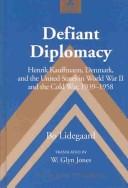
Defiant Diplomacy depicts the extraordinary life of diplomat Henrik de Kauffmann (1888–1963), a major figure in U.S.-Danish relations during World War II and the first decades of the Cold War as Denmark’s envoy to Washington.
The book highlights the dramatic story of Kauffmann’s courageous decision, after Nazi Germany seized his homeland...
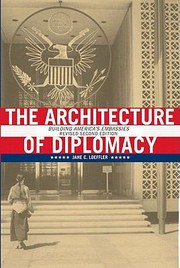
Jane C. Loeffler, a scholar in architectural history and American civilization, extensively researched the history and politics of U.S. embassy design and building, focusing on the years following World War II. These high-profile, often controversial structures––projections abroad of American art, culture, and political philosophy––have formed the settings for the conduct of...

In A Professional Foreigner (Potomac Books/U of Nebraska Press), volume #74 in the Diplomats and Diplomacy Series, Ambassador Edward Marks describes his life as a workaday American professional diplomat, including several close encounters with the U.S. military. Serving primarily in Africa and Asia, Marks was present during the era of...
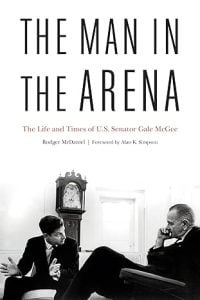
There was a time when Wyoming and other Rocky Mountain and midwestern states were as likely to elect a liberal Democrat to Congress as they were a conservative Republican. Gale McGee (1915–92) was elected to the U.S. Senate in 1958, at the height of American liberalism. He typified what Teddy...
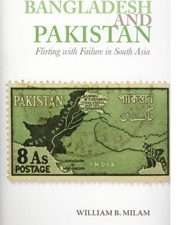
Former ambassador to Pakistan and Bangladesh William B. Milam has produced a sympathetic, frank, and nuanced account of the two countries since their 1971 breakup. Published by Hurst & Co. of London and Columbia University Press, it is the 35th volume in the ADST-DACOR Diplomats and Diplomacy Series. This book...
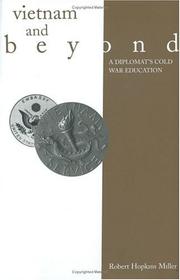
Robert Hopkins Miller’s forty-year Foreign Service career, from 1951 to 1991, spanned virtually the entire Cold War. Miller worked on America’s unsuccessful Vietnam venture and its aftermath for nearly one-third of his career, and this account demonstrates his exceptional “hands-on” knowledge and his own critical evolution. The Vietnam War of...
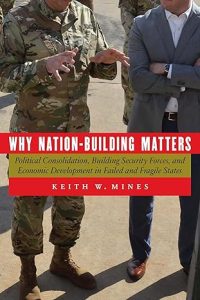
No one likes nation-building. The public dismisses it. Politicians criticize it. The traditional military disdains it, and civilian agencies lack the blueprint necessary to make it work. Yet functioning states play a foundational role in international security and stability. Left unattended, ungoverned spaces can produce crises from migration to economic...
